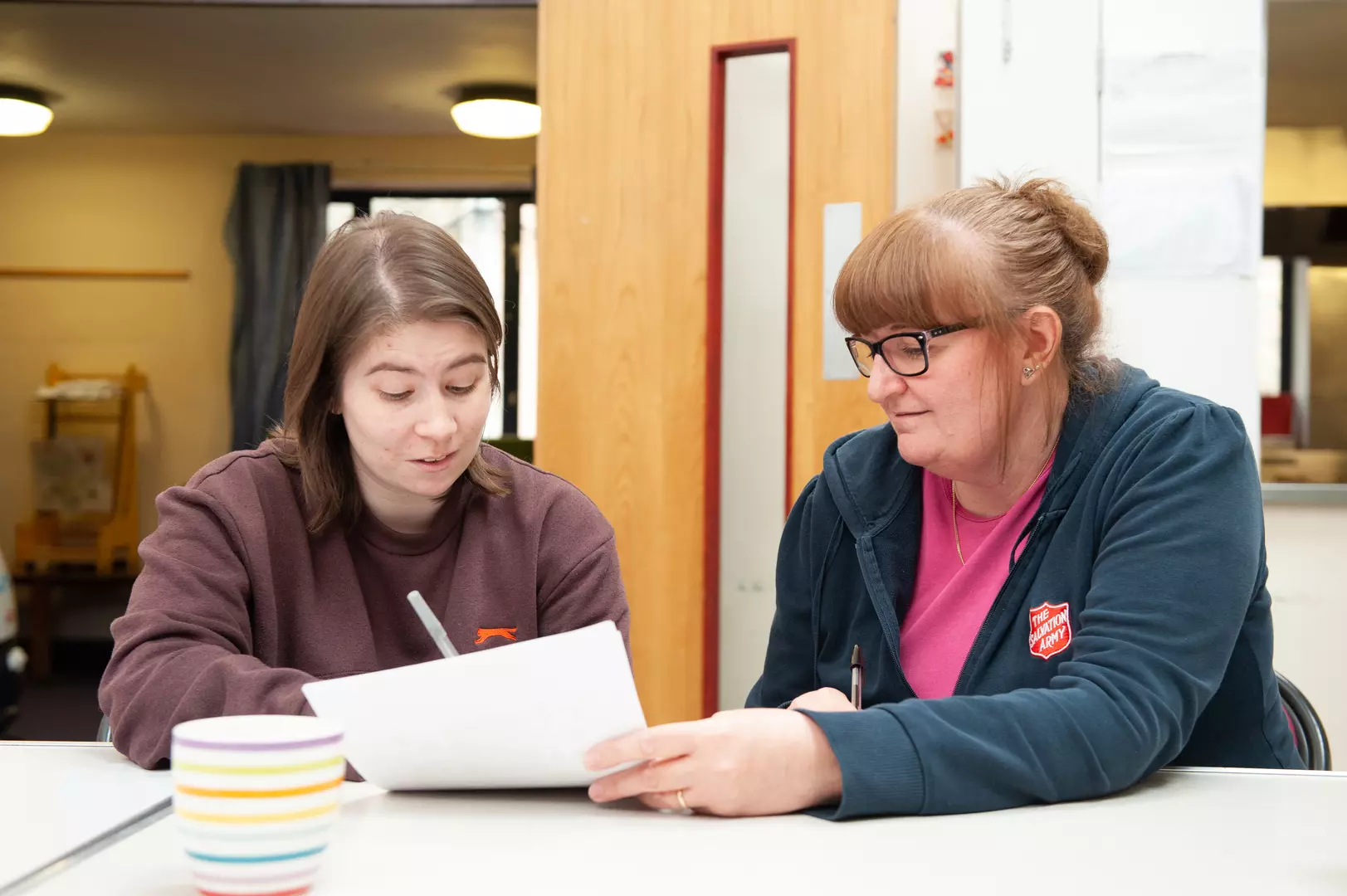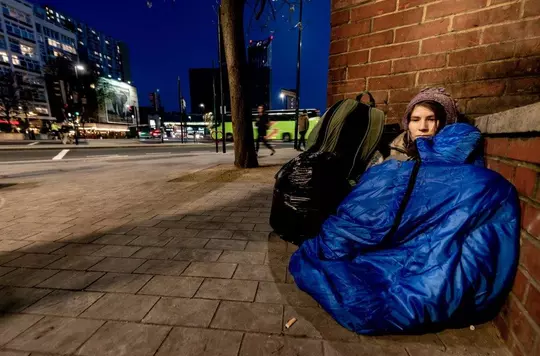Drop-ins

Drop-ins are there to support people experiencing homelessness
Different drop-ins may provide a number of services ranging from the practical – a shower, hot meal, warm clothes – to ‘surgeries’ run in the drop-in by specialist agencies such as outreach teams, drug and alcohol workers. Staff are on hand to help with basic housing and welfare enquiries and provide support with phone calls. Some drop-in services provide access to computers so that people can set up claims for Universal Credit or search for jobs. Other drop-in services will refer people for specialist legal advice.
Sleeping rough is a very harsh way of life; it is difficult, lonely and isolating – and very hard to get out of, drop-in centres offer contact with people and services. For others who are vulnerably housed, housing shortages and changes to the welfare benefit system can mean that their housing situation is very precarious. A drop-in can help to link people to the services that can help them.
Drop-ins are there to support people who are experiencing homelessness – and those who are vulnerably housed. This can range from people who are sleeping rough to people who are living in unsuitable accommodation. People don’t have to be homeless to come to a drop-in. We would much rather that someone with a problem – with their benefits for example – came to a drop-in, rather than waiting to become homeless.
Anyone can come to our drop-ins. You can contact your local Salvation Army church and see if they run a drop-in or if there is one locally. If you are homeless – or at risk of homelessness or concerned about someone who is, the best place to contact is usually your local council and speak to the Homelessness or Housing Options Service. If you live in an area with two councils – it is the council that you pay your council tax to who will be able to help you. They will let you know if there is a drop-in in your local area but can also give you advice about your housing situation.
A drop-in doesn’t generally require you to make an appointment – people attend on an informal basis and are able to speak to someone there and then.

Rough sleeping
The most visible, extreme and damaging form of homelessness.

Additional services
To tackle the cycle of homelessness.

Floating Support and Outreach Services
Provides the support to prevent homelessness.

Homelessness
Find out more about what we do, and how you can help us break the cycle of homelessness.